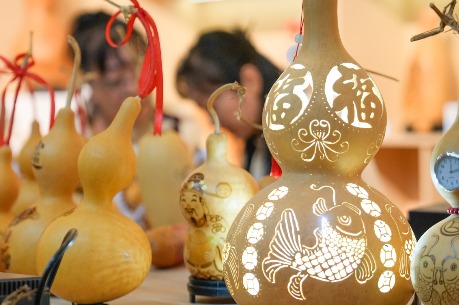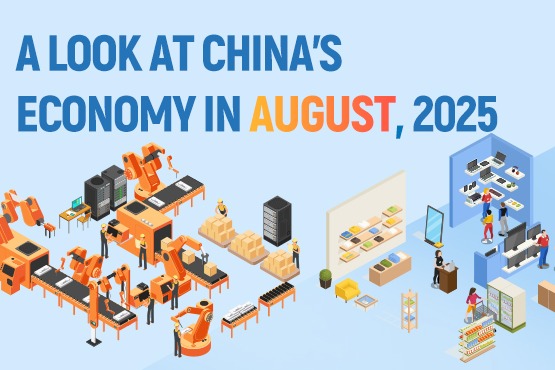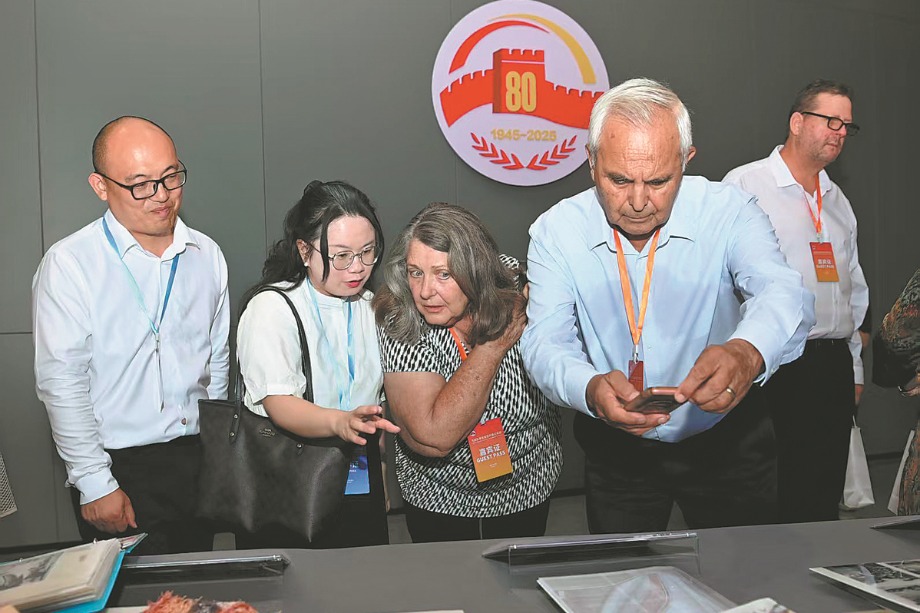Xi's election in Jiangsu highlights emphasis on region

This year, legislators from Jiangsu province are set to welcome an important fellow deputy, President Xi Jinping, to their deliberations at the first session of the 14th National People's Congress, the nation's top legislature, which opens in Beijing on Sunday.
Analysts said Xi's election in Jiangsu as a deputy to the 14th NPC reflects the emphasis from the nation's top leadership on advancing the Chinese path to modernization, furthering the integrated growth of the Yangtze River Delta and ensuring self-reliance in science and technology.
Xi, who is also general secretary of the Communist Party of China Central Committee, was elected by a unanimous vote as a deputy to the NPC at the first session of the 14th Jiangsu Provincial People's Congress in January.
Jiangsu, with a population of 85.15 million by the end of last year, has long been one of China's manufacturing hubs and powerhouses for international trade. The province's GDP, which reached 12.29 trillion yuan ($1.78 trillion) in 2022, took up one-tenth of the nation's total, with its foreign trade volume accounting for 12.9 percent of the national total.
Fan Conglai, director of the Yangtze River Delta Economics and Social Development Research Center at Nanjing University, said Xi's unanimous election in Jiangsu to the top legislature epitomized his high level of public support in the province.
"It also showed a high level of expectations from the top leadership for the province to take the lead in exploring the Chinese path to modernization and promoting high-quality growth," he said.
Xi set out a broad vision for China to move toward building itself into a modern socialist nation at the 20th CPC National Congress in October, highlighting the need to follow a Chinese path to modernization, a vision that involves common prosperity for all, harmony between humanity and nature, and peaceful development.
"The key for China to follow its own pathway to modernization is to ensure common prosperity for all, and a major challenge lies in rural areas. Jiangsu has become one of the regions with the smallest gap in income between urban and rural residents in China over the past decade," Fan said.
Since he was elected general secretary of the CPC Central Committee in 2012, Xi has made three fact-finding trips to the province, in 2014, 2017 and 2020.
The three trips helped the province's authorities outline the blueprint for the region's high-quality growth, Fan said.
He noted that Xi visited northern, central and southern parts of the province during the three trips and learned about rural development, the growth of the real economy and the protection of the Yangtze River.
As Jiangsu continued to lead the nation in growth with its robust private and manufacturing sectors, it also made remarkable progress in ecological and environment protection and in leading the conservation efforts in the Yangtze River Economic Belt, he said.
"The jumping finless porpoise in the Yangtze spoke volumes for the remarkable progress being made," he said.
However, Jiangsu is not without challenges to its development, as gaps remain between its less-developed northern part and more affluent southern region.
Yuan Jianhong, an economics professor at Southeast University in Nanjing, Jiangsu, said the next five years will be of pivotal significance for the high-quality growth of the province.
For the province's lawmakers, having the opportunity to sit down and share their views with the president will help them tackle key issues affecting the region's growth, she said.
"We look forward to the president offering his insights that can guide Jiangsu's growth and enable the province to continue to lead the nation in high-quality development," she added.
Yuan said that Jiangsu could also play a key role for China to enhance its technological self-reliance, as the province's input in research and development has already reached 3 percent of its GDP, higher than the national average of 2.57 percent.
The growth of its digital economy, which already took up 11 percent of the provincial economy, will also enable the upgrading of the manufacturing sector and serve as an example for the nation in this regard, she added.
- Tien Kung robot collects footwear performance data
- Long-stay tourism gains momentum in Yunnan
- Flag of Yang Jingyu Company returns to Jilin province
- China releases regulations on Chinese employees in foreign diplomatic missions
- Shanghai Innovation Institute marks first anniversary with AI innovations
- Khaby Lame meets his match in Jingdezhen





































